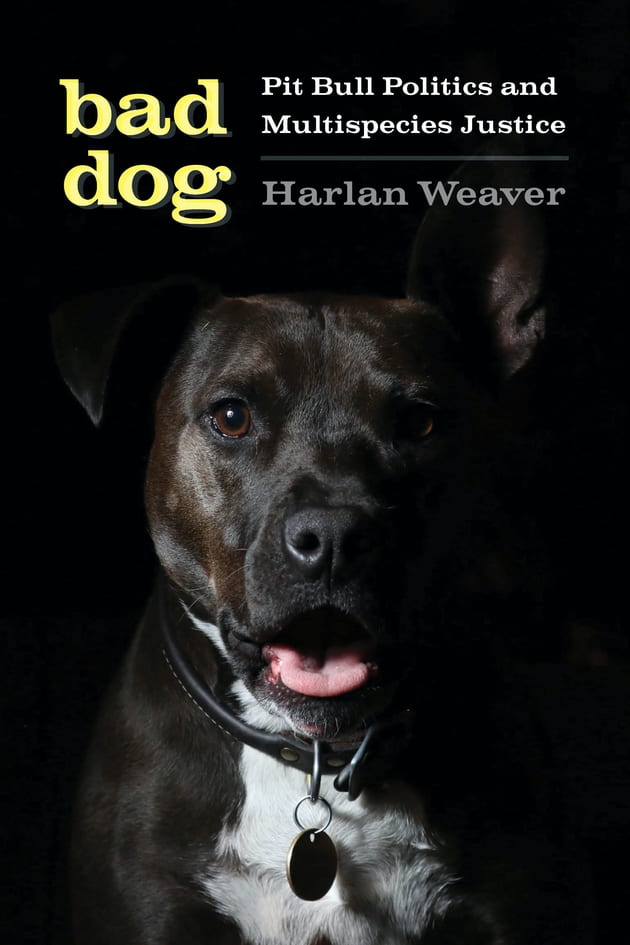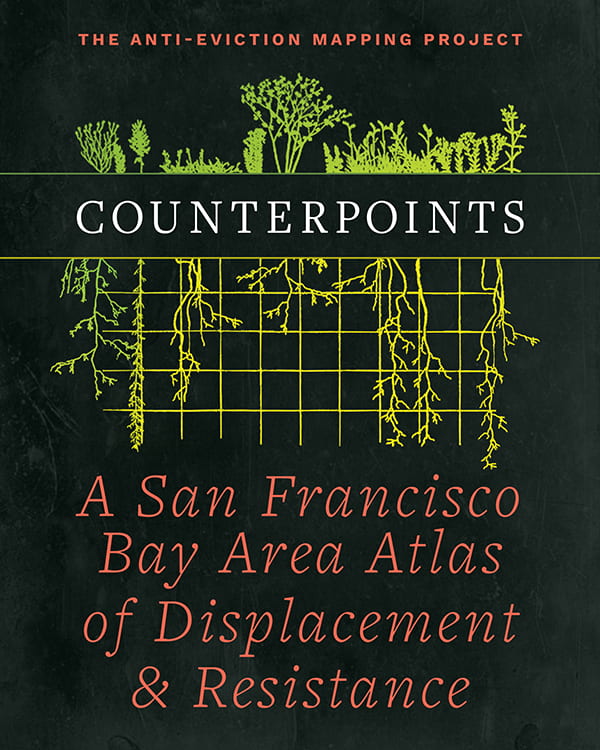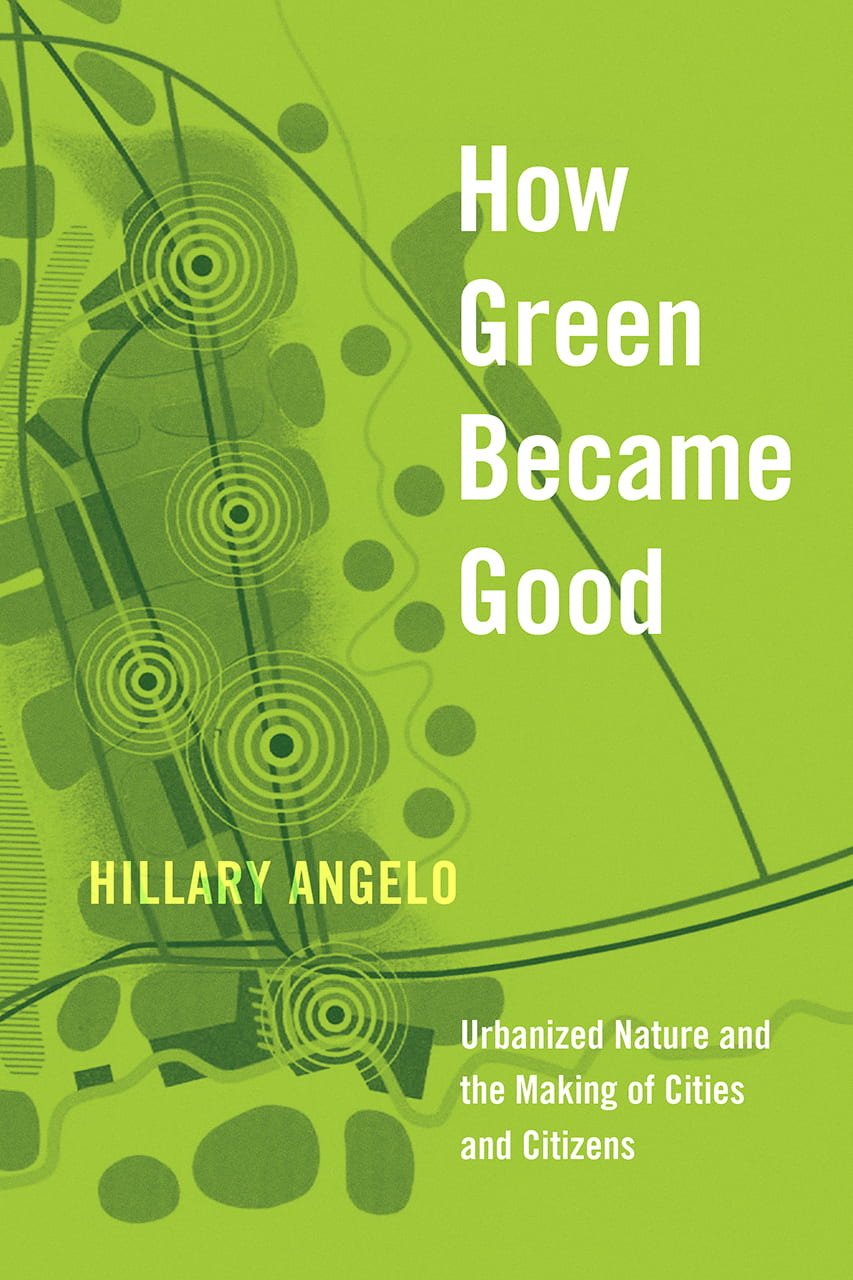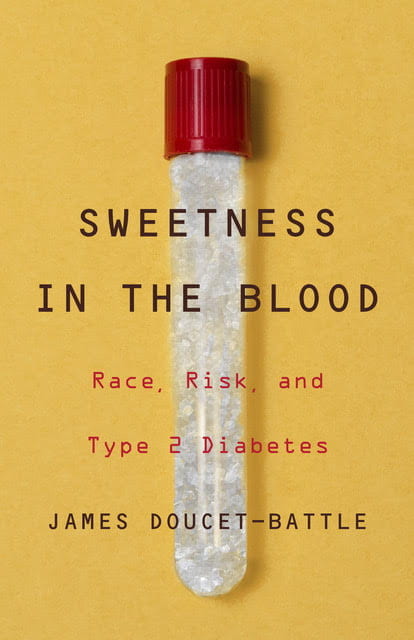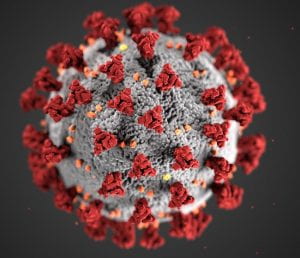
Image credit: CDC/Alissa Eckert; Dan Higgins
The SJRC has a robust network of local and international public health experts, scholars, and practitioners leading the way with collecting resources for teaching about COVID-19, writing open response letters and calls for action, and organizing and participating in online events.
Help Spread the Word of These Online Events
C-Span | State and Federal Covid-19 Briefings and Legislative Deliberation | (schedule)
Archived Events
February 8, 2021 | Harvard Medical School Center for Bioethics | Medical Apartheid Goes Viral: How Infection Catalyzes Bioethical Erosion with Harriet Washington (recording)
Jan 15, 2021 | Schmidt Futures + SSRC | COVID-19 — Case Studies from 23 Nations (recordings)
Dec 7, 2020 | Harvard Data Science Initiative| Trust in Science, Trust in Democracy (recording)
Sept 24, 2020 | Boston Medical Library | History in an Epidemic: The Puzzles of Covid-19 (recording)
July 23, 2020 | UCSC Molecular Diagnostic Lab | Tales from a pandemic pop-up lab with Isabel Bjork, Jeremy Sanford, Olena Vaske, and Michael Stone (recording)
July 17, 2020 | UCSC University Forum: The Lessons of COVID for Global and Community Health with Nancy Chen and Matt Sparke (recording)
July 1, 2020 | COVID-19: The scientific basis for what we know (and don’t!) and the exit strategy it provides with Marm Kilpatrick (recording)
June 22, 2020 | University Forum: Solidarity Economics for the Coronavirus Crisis & Beyond with Chris Benner (recording)
June 17, 2020 | The Subcommittee on Health of the Committee on Energy and Commerce | Health Care Inequality: Confronting Racial and Ethnic Disparities in COVID-19 and the Health Care System (recording)
May 28, 2020 | American Medical Association (AMA) | Prioritizing Equity: The Root Cause (recording)
May 27, 2020 |UC Santa Cruz Institute for Social Transformation | The Coronavirus Crisis and Social Change: Flash Talks on Social and Economic Dimensions of the COVID-19 Pandemic | Moderated by Dean Katharyne Mitchell (registration)
May 26, 2020 | UC San Diego Health | Lessons Learned: Ramping Up Telehealth Services During COVID-19 | Presented by Lawrence Friedman, Kristian Kidholm, Micaela Monteiro, and Lisa Moore (recording)
May 22, 2020 | UC Santa Cruz Department of Ecology and Evolutionary Biology | COVID-19: The Scientific Basis for What We Know and the Exit Strategy it Provides | Hosted by Infectious Disease Expert Marm Kilpatrick (recording)
May 14, 2020 | UC Santa Cruz Institute for Social Transformation and UC Berkeley Interdisciplinary Migration Initiative| Webinar: Health Care Access, Service Delivery, and Youth Civic Engagement in the Central Valley during the COVID-19 Pandemic (recording)
May 8 – 9, 2020 | Princeton University| Pandemic, Creating a Usable Past: Epidemic History, COVID-19, and the Future of Health. | Sponsored by the American Association for the History of Medicine (AAHM) with support from Princeton University, Department of History (recording)
May 6, 2020 | UC Santa Cruz COVID-19 Team | Guy Kawaski’s Fireside Chat With UCSC Coronavirus Team | Presented by Guy Kawasaki, David Haussler, Rebecca DuBois, John MacMillan, Jeremy Sanford | Supported by UCSC’s Genomics Institute (podcast recording)
May 6, 2020 | UCSC Right Livelihood College | Water Justice in the Age of Coronavirus and Beyond | Presented by Maude Barlow (Canada), Robert Bilott (USA), and Andy Szasz (USA, moderator) (recording)
April 29, 2020 | UCSC Right Livelihood College | Women in Global Health – COVID spotlight on major challenges with Laureates Monika Hauser (Germany), Sima Samar (Afghanistan), Evan Zillén (Sweden). Moderated by Professor Nancy Chen (UCSC, Anthropology) (recording)
April 28, 2020 | UC Santa Cruz Kraw Lecture Series | Viruses & Vaccines with Rebecca DuBois (recording)
April 28, 2020 | Duke University | COVID-19 Seminar #1 with Professor Priscilla Wald on the Outbreak Narrative and Why We Need to Change the Story | Co-hosted by the Alfred Deakin Institue for Citizenship & Globalisation (ADI) and the Science and Society Network (SSN)
April 24, 2020 | Virginia Tech STS Program | STS Approaches to COVID-19: A Roundtable Discussion | (recording)
April 24, 2020 | UC Berkeley | Straight Talk: A Conversation about Racism, Health Inequities, and COVID-19 (recording)
April 20, 2020 | UNESCO | Inclusion in the time of COVID-19: International webinar addressing racism, discrimination and exclusion [we will look for a link to the recording]
April 16, 2020 | UC Davis DHI | The Geopolitics of COVID-19: Mike Davis in Conversation with Joshua Clover (recording)
April 15, 2020 | Hutchins Center for African & African American Research Project on Race & Gender in Science & Medicine, Harvard | Epidemics and African American Communities Series: from 1792 to the Present | recordings: April 15 part 1, April 21 part 2, April 23 part 3, May 6 part 4
April 7, 2020 | Global Views on COVID 19: Lessons from the 1918 Flu Pandemic in India and Indonesia | (registration)
April 1, 2020 | Intersectionality Matters with Kimberlé Crenshaw | Age Against the Machine: The Fatal Intersection of Racism & Ageism In the Time of Coronavirus (recording)
April 1, 2020 | The National Academy of Medicine and the American Public Health Association| The Science of Social Distancing, Part 2 (recording)
March 25, 2020 | Intersectionality Matters with Kimberlé Crenshaw | Under The Blacklight: The Intersectional Failures that COVID Lays Bare, Part 1 (recording)
March 25, 2020 | The National Academy of Medicine and the American Public Health Association | The Science of Social Distancing: Part 1 (recording)
C-Span | State and Federal Covid-19 Briefings and Legislative Deliberation | (recordings)



